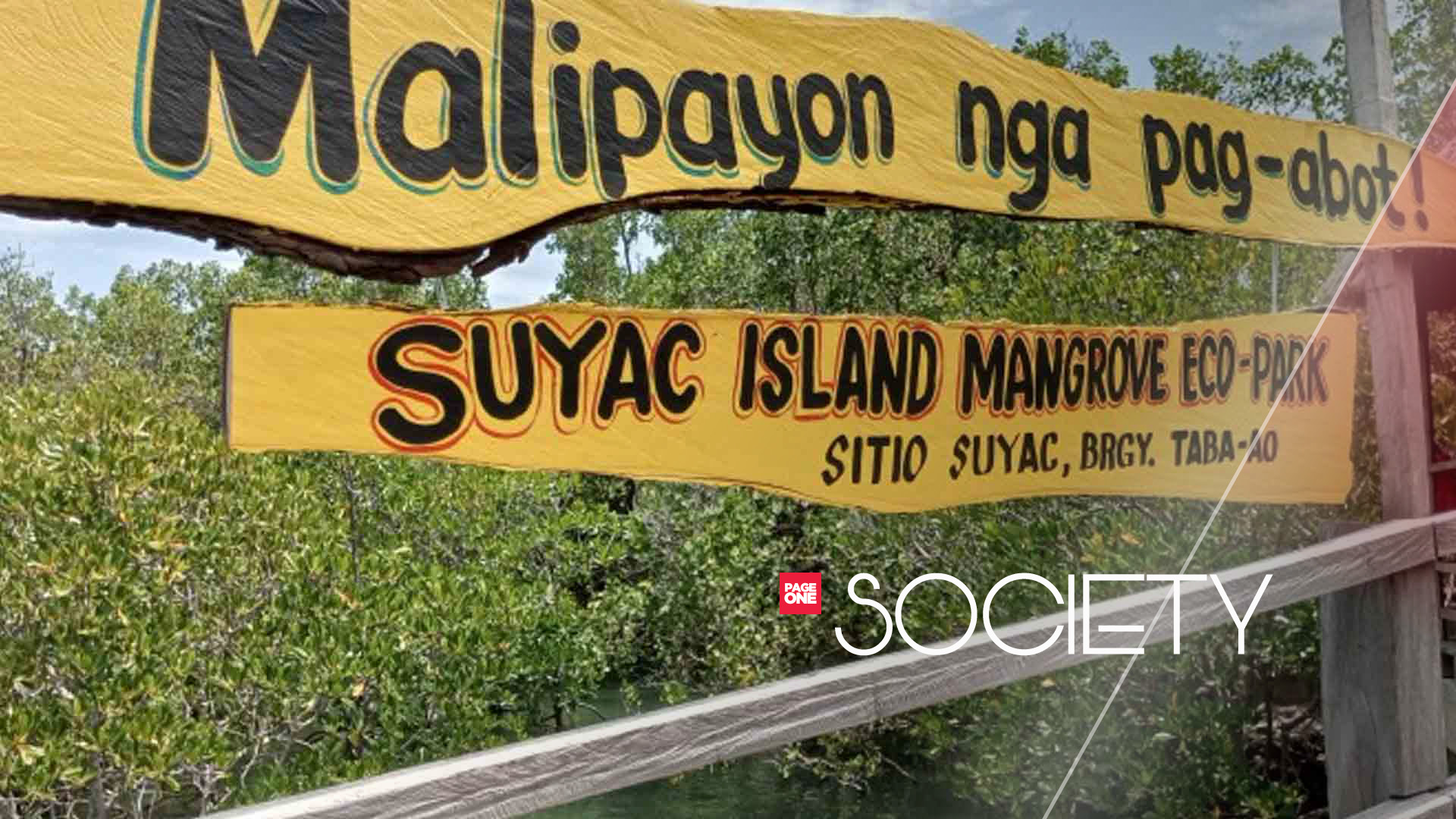Spanning about 15.6 hectares, the Suyac Island Mangrove Eco-Park in this city in northern Negros Occidental has gained both national and international recognitions, but beyond the accolades are better lives and more opportunities for the people of its host fishing community.
Just a 10 to 15-minute boat ride from the mainland, the island, which has an area of only 1.8 hectares with 750 inhabitants under the village of Taba-ao, is part of the 32,000-hectare Sagay Marine Reserve.
In 2012, the local government’s move to organize the residents for conservation efforts was initially met with resistance due to perceptions that people from the government will take over the island and displace them.
More than a decade since, Suyac Island Mangrove Eco-Park, the home of one of the oldest and biggest Sonneratia alba mangroves in Negros Island, and considered the first fully community-based eco-tourism site established by the local government, has put this city on the global sustainable tourism development map.
Helen Cutillar, city information and tourism officer, said on Wednesday the internationally-recognized eco-tourism project is “pro-community and pro-environment” that provides inclusive economic opportunities and raises community champions for the environment in a disadvantaged community.
“After a decade of community work supported by our past and present leaders, we are grateful for the offices, organizations and individuals who endured with us. This is our living laboratory on sustainable tourism,” she added.
With its good practice story “Mangrove Forest Protection through Community-based EcoTourism Project,” Sagay placed second in the Nature and Scenery Category, and also received the People’s Choice Award during the Green Destinations Story Awards at the Internationale Tourismus-Börse in Berlin, Germany in March this year.
Last September, it was also included in the world’s Top 100 “Green Destinations” list for 2022, a recognition given by the Green Destinations Foundation based in The Netherlands.
Melanie Mermida, president of Suyac Island Eco-Park Tourist Attendant Association, who has lived on the island for 26 years with her fisherman-husband and their four children, takes pride in what they have achieved and vowed to do more to help improve the lives of the people in the community.
“I’m very proud of the awards. We didn’t expect this to happen. We are just a very small island but our work here has already brought Sagay even to Berlin, Germany,” she told the Philippine News Agency (PNA).
In the Philippines, the Suyac Island Mangrove Eco-Park has been recognized by Tourism Promotions Board as a good practice for sustainable tourism development.
Mermida said their efforts to conserve Suyac Island, which relies on solar energy for electricity and sources water supply through a pipeline from the mainland, has not only provided an alternative source of income for the association’s 46 members and their families, but has also protected them from major calamities such as Super Typhoon Yolanda in 2013.
The island’s bat population has also increased from only 1,000 several years back to already almost 13,000 last year.
When the Covid-19 pandemic happened three years ago, Suyac Island, being an eco-tourism site, had to close down.
Losing income from the tours, the association’s savings helped the members cope with the financial challenges.
All the five tourist cottages on the island, since only made of bamboo, were damaged for lack of use during the lockdown.
With the financial assistance of Vice Mayor Leo Rafael Cueva, the association was able to rebuild two cottages and reopened the eco-park to tourists in January this year.
A mangrove tour package costs PHP650 per person for a group of at least 10 tourists, which already includes entrance, use of the cottage, mangrove guides, and food, while a ferry boat round trip is PHP1,000 for up to 12 persons.
Cutillar said the Suyac Island Mangrove Eco-Park recently received a grant to fund the repair of its community and watch tower from California-based non-profit organization Seacology.
“The work is far from finished though. It’s important to continue supporting them. Tourism enriches, protects and helps build communities,” she added. (PNA)








